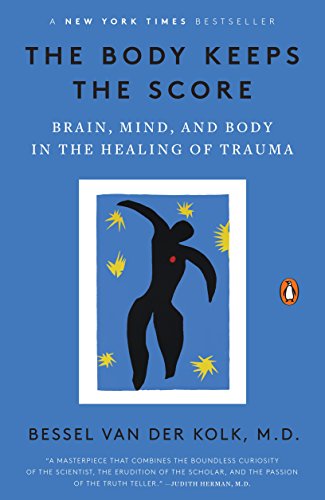We started this blog in May 2003. I’ve impressed very few people with my posts here. I would have benefitted by having an editor, someone to tell me to press on to a better idea or a better development of the idea I had.
My writing process, in case you’re wondering, is to think about a post for a while, begin to write it down, distract myself with tangents or diversions for far too long, and after a couple paragraphs shoved into the blog engine, to doubt the point of it all. As Descartes once quipped, I doubt therefore I’m not.
Blogs have changed a lot in the last twenty years. Most people chatter into social media apps and discussions board communities. Having a blog is no longer the easiest way to publish your words online, and one part of blogging that has gone the way of yesteryear’s Internet is the blogroll. Most blogs, even those updated infrequently, had lists of websites down one side to other blogs that they presumably admired and even read. One of our readers said he missed our blogroll when we moved to this WordPress platform, and because I’m nowhere near as smart as I used to think I was, I have now concluded I might start linking to other blogs in regular weekly posts. That’s not what a blogroll was, but that’s what I’m going to do.
The photo above is of The Donut Hole in La Puente, California, circa 1991, from the John Margolies Roadside America Photograph Archive. It’s a picture of the quality of another day. Let that inspire you.
The Literary Saloon has been going since Creation. I think it was the second blog to have ever been launched, right after Justin Hall created the first one from a faux-swarthy corner desk at Swarthmore College. They focus on international and translated fiction, so naturally they have the goods on the Nobel Prize for Literature this week. M.A. Orthofer notes, the books of winner Abdulrazak Gurnah haven’t sold much in the U.S. Only three thousand copies of all of the books combined.
“It’s not like his work hasn’t gotten any attention,” Orthofer says, “The New York Times has reviewed six of his novels — but they certainly do not seem to have found readers — no wonder his latest, Afterlives, hasn’t found a US publisher.”
Word, a poem by Andrew Frisardi that reads like spoken word, is in the Fall 2021 issue of Modern Age. (via Books, Inq. – Frank has been old-school blogging since 2005.)
October 9th is Leif Erickson Day, a day that has yet to catch much heat from those who demonize colonization. Erickson and crew stayed at L’Anse aux Meadows for many decades, well before Columbus landed in the south, and they didn’t take over the continent, which makes them more immigrants than colonialists.
Eudora Welty’s first collection of Southern gothic short stories was released in the fall of 1941, 80 years ago this season. I confess I haven’t read any of them yet, but that’s normal for me. I barely read as it is. Gregory McNamee of Kirkus Reviews offers this appreciation.
Like this:
Like Loading...




